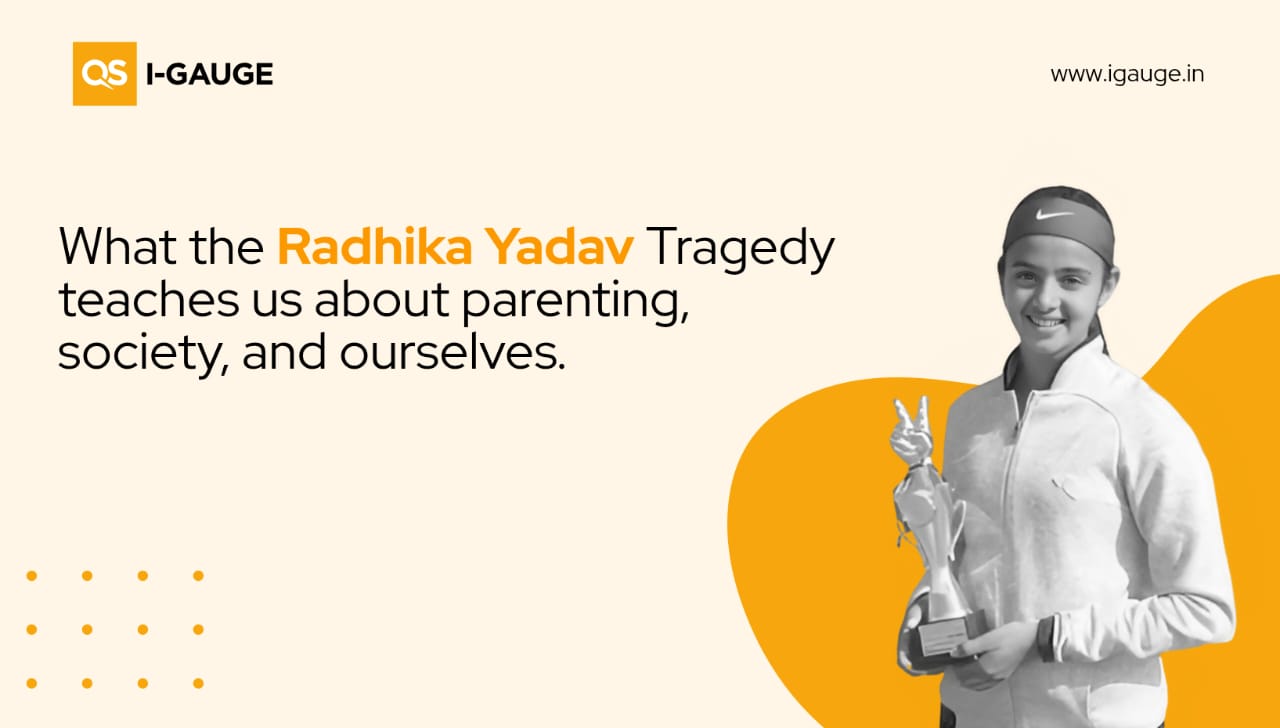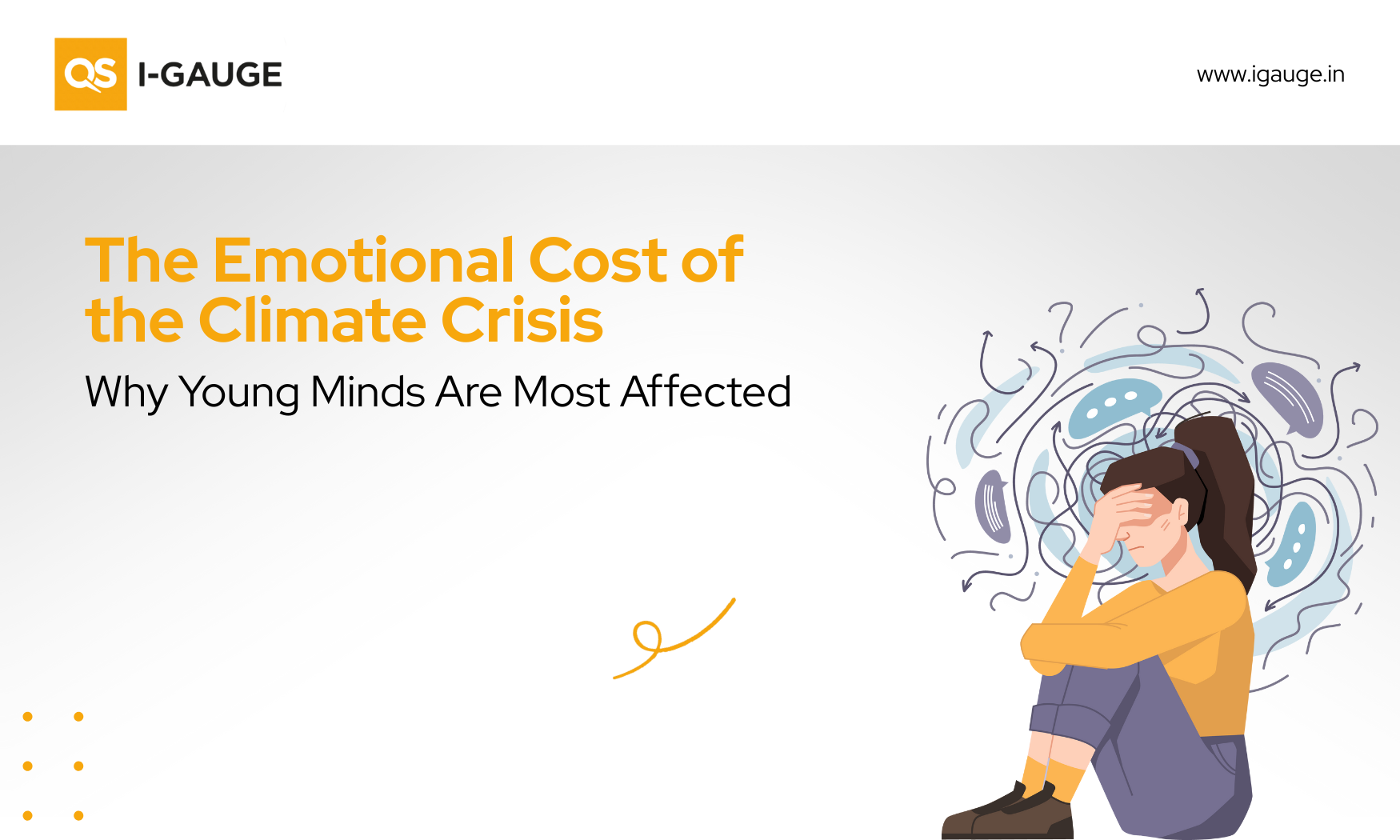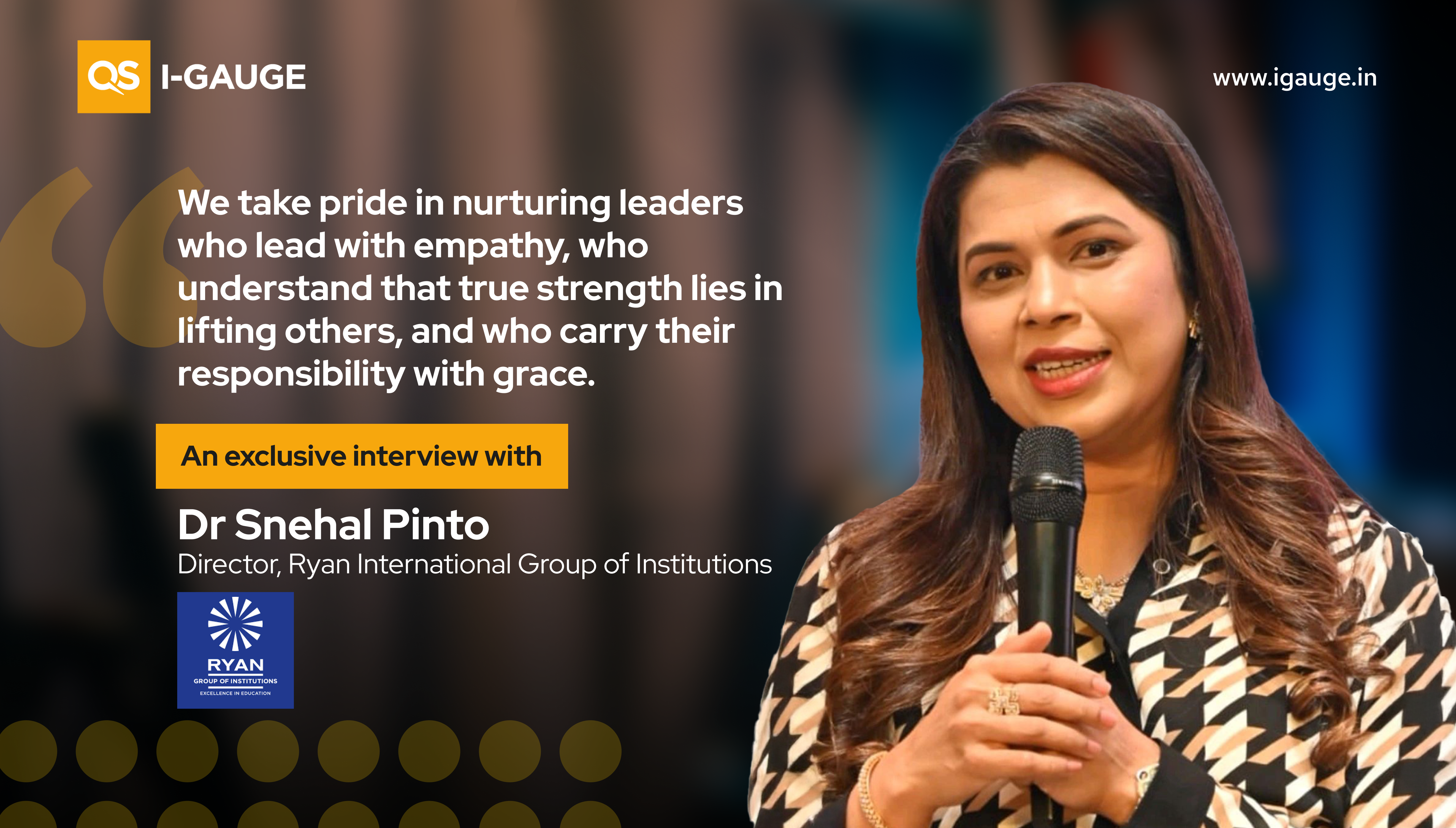
A nationwide shock swept the nation after the announcement of Radhika Yadav's passing. Radhika Yadav represented more than a newspaper headline because she was an outstanding tennis player, and a beloved family member, and a source of inspiration to many. The tragic conclusion of Radhika Yadav's story compels us to observe our upbringing methods and our social conventions about pride and gender expectations.
Children experience difficult situations in the privacy of their homes.
Everyone outside viewed Radhika Yadav as living a wonderful life. She travelled worldwide while playing tennis at professional competitions and succeeded in making her family happy. People now understand that the situation was more intricate than it appeared to be. Multiple sources indicate that Radhika received home restrictions and criticism from her family, although her relatives deny such incidents ever happened. Many young individuals find themselves in a situation where they receive both love and pressure and judgments that stay hidden from public view.
Every parent seeks the most advantageous future for their child. At times the strong bond between parents turns into a complex mix of their personal anxieties together with their goals and the impact of what others perceive. A place that should offer protection and motivation to children transforms into a stressful and argumentative environment during such instances.
The societal expectations create invisible restrictions that affect people.
The tragedy of Radhika's story deepens because of the impact society made on her life. His neighbours criticised him through mocking remarks because they believed his income depended on his daughter's professional success. The feeling of pride for your child combines with the embarrassment of community disapproval over her achievements and creates unbearable pain. Numerous families experience this difficult situation, especially when their daughters succeed in breaking societal traditions.
The empowerment of girls receives frequent discussion, yet we fail to deliver sufficient backing to the families who support them. Do we intervene against negative comments about men who assist their daughters, or do we maintain our silence? Every person needs to reflect on these questions.
The situation requires mental health discussions to address the silent pain people endure.
The mental health problems that can quietly develop in people are other important factors in this tragic event. The reports indicate Radhika's father fought with anger and shame and possibly depression. In our culture, men continue to hide their mental health issues because they consider it unacceptable. People frequently keep their emotions inside until they reach a point of explosion, which can result in destructive outcomes.
As individuals, together with our society, we need to take the following actions:
1. Parenting with empathy and openness
Children need their parents to understand they represent their own identities rather than serving as tools to fulfill parental ambitions. Children should receive proper respect alongside understanding and autonomy to explore their personal life directions. Children require genuine discussions alongside listening skills and pure love instead of success trophies.
2. Standing up to outdated norms
We need to confront every person who judges men for backing their daughters or women for being driven. We should honour families that support their girls and dads who proudly accompany their daughters.
3. Making mental health a priority
When you need help or notice someone else does, reach out for assistance. Seeking assistance carries no disgrace to anyone. Friends, colleagues, and neighbours should maintain contact with each other and focus on the quiet members of our community. A basic conversation between two people can create substantial positive effects.
4. Creating safe spaces for young people
Young people need schools, sports clubs, and workplaces to be environments where they can express their concerns without facing any negative reactions. We should establish communities that recognise being vulnerable as powerful rather than a weakness.
In memory of Radhika
The death of Radhika Yadav serves as a tragic case yet offers a moment to transform our approach. We should create a society through Radhika Yadav’s legacy that supports child development while providing parental care and protects everyone from experiencing shame for being their authentic selves.
The conversation needs to continue. Our society requires our collaborative efforts to establish understanding through community-based family support.



